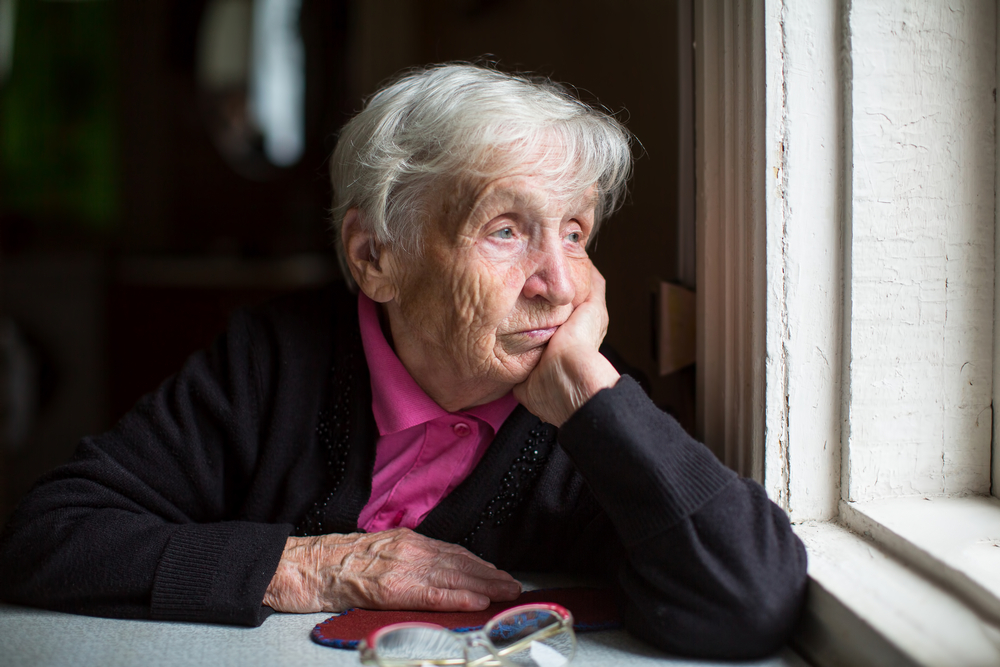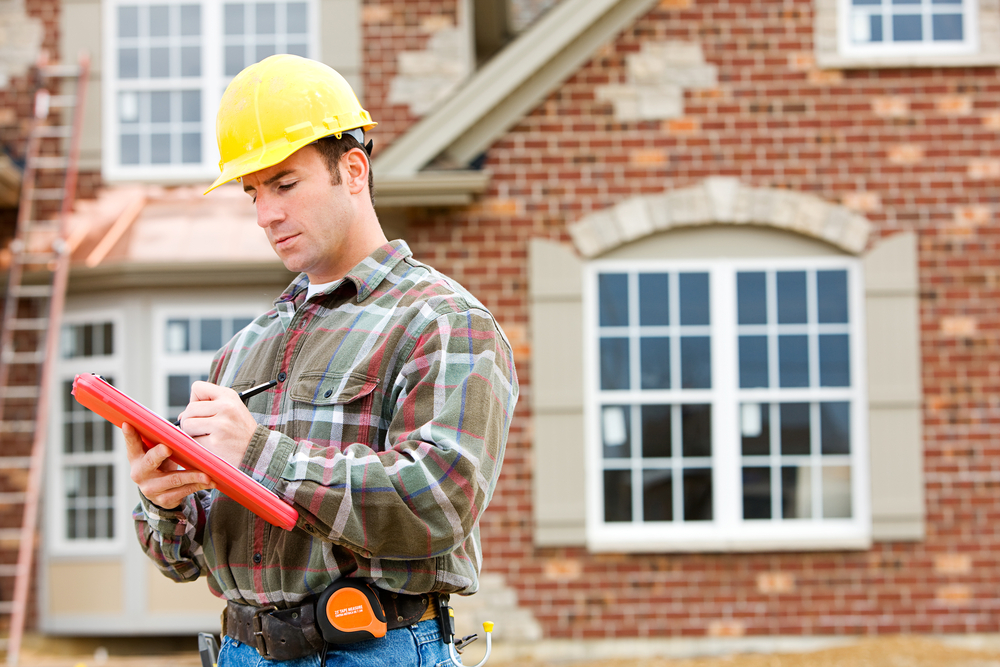Bullying the Elderly: What You Need to Know
Category:

When you think of bullying, you most likely think about middle school – that seems to be the stereotypical age to bully or be bullied. But bullying can happen to or be perpetrated by anyone at any age – including elder bullying.
Download Our FREE Path to Care Guide
What is Senior Bullying?
Elder bullying, also considered a form of emotional elder abuse, refers to repeated and intentional acts of verbal or psychological harassment, intimidation, or humiliation directed towards an older person. Seniors are most often bullied by someone they know and trust, which can be a family member, caregiver, or even senior.
Bullying the elderly causes them distress and impacts their well-being. Seniors who are already struggling with things like the difficulties associated with aging and losing their independence can be significantly impacted by bullying.
What Counts as Bullying?
Bullying is all about perceived power – the one doing the bullying has power over the one being bullied. Some examples of bullying can include:
- Verbal abuse. This can include making disparaging comments to or about the senior, ordering them around, or making passive-aggressive comments to the senior.
- Damaging property. Stealing or purposefully breaking a senior’s belongings falls into this category.
- Physical abuse. Punching, hitting, kicking, or spitting at the seniors are all types of physical abuse.
- Exclusion. Excluding the senior from plans can be a form of emotional abuse. Another example of exclusion would be a group of seniors at a nursing home not allowing another resident to sit with them for meals.
Being a caregiver for an elderly loved one is not easy. It is a time-consuming job that can be frustrating, lonely, and at times thankless. When you start to feel angry or overwhelmed, you might feel a passive-aggressive or snide comment on the tip of your tongue. At those times, it helps to take a break. Get some assistance for your loved one from another family member, friend, or outside caregiver. Do something to take care of you. As a caregiver, it is so important to remember that you cannot take care of anyone else if you do not take care of yourself first.
If your loved one is living in an assisted living or nursing home, it is important to be on the lookout for bullying where they live. You should be alert to potential staff bullying or even other seniors bullying seniors. Consider that people who are bullies when they are young are unlikely to grow out of that behavior. Additionally, seniors who are losing their independence and suddenly need to share facilities and resources may bully in order to feel in control of their lives.
When you visit your loved one, be their advocate. Ask if the staff and residents are provided with anti-bullying training and if there are policies in place if bullying occurs. If you see something or suspect bullying, be sure to speak up.
Senior bullying is not just mentally and emotionally harmful, it is elder abuse. Most states have laws and programs to help protect their senior population and resources to combat bullying if you or a loved one needs help.
To learn about our home care services, contact our caregiving team today at 1-800-GRISWOLD or find a Caregiver near you.
Subscribe
Date: 2024-12-25
Category:


